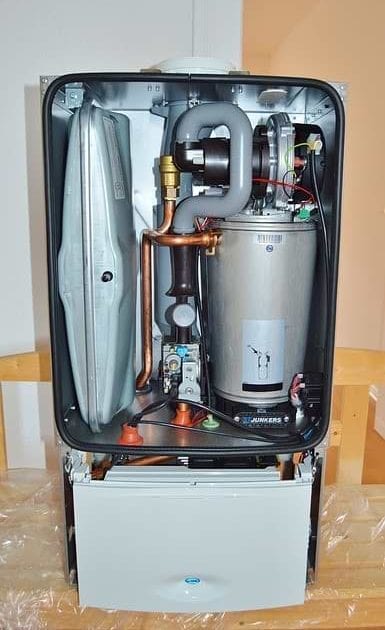
Gas vs Electric Hot Water Systems: Which One is Best for Your Home?
Having warm water flowing through our homes is one of life’s modern luxuries. Although we can all certainly function without hot water, it certainly makes showers a lot more relaxing, cleaning dishes easier, and more. All of this is possible thanks to a relatively overlooked component of any home: hot water systems.
Most households in Australia use one of two water heating systems to supply their homes with warm water: gas-powered heaters or electric water heaters. According to the Your Home initiative of the Australian government, 48 percent of the energy used for water heating throughout the country comes from gas-powered heaters, while 45 percent comes from electric heaters.
The Difference Between Gas and Electric Hot Water Systems
Both types of water heating systems are effective at heating water to your desired temperature. In fact, there is only one main difference between the two types of hot water systems: their primary source of energy.
Gas-powered heaters rely on burning gas to power itself. This will often come in the form of petrol (LPG) or other natural gases. The gas used to fuel gas-powered water heaters is quite accessible for most homes and can easily be acquired from third-party providers. Electric hot water systems, on the other hand, are designed to consume electricity in your home to power itself.
If the only difference between the two types of water heaters is its source of energy, then it shouldn’t matter which one you choose, right? Not necessarily. There is a way to determine which is better between a gas or electric hot water system on a case-to-case basis.
The Case for Gas-powered Water Heaters
One of the main advantages of gas-powered hot water systems is that it continues to operate even during a power outage. As long as your supply of natural gas doesn’t run out, your gas hot water system will operate just fine. This may seem obvious, but the fact that significant power outages due to extreme weather do occur in Australia makes this advantage worth mentioning.
The second advantage of gas-operated hot water systems is the fact that they tend to boast a much higher recovery rate, the amount of water your system is able to raise to your desired temperature over a given period of time. In other words, gas-powered water heaters are able to heat large amounts of water in a shorter amount of time. This is incredibly useful for large households of six or more people, especially if the demand for hot water is simultaneous. Think of the morning bathroom rush when everyone needs to get ready for school and work.
Gas-powered water heaters offer a third, yet situational, advantage. If natural gas is more affordable than electricity in your area, you may want to go with a gas-powered system. Gas heaters are actually quite efficient when burning their fuel source. The savings your family enjoys on your utility bills can easily make up for the slightly more expensive installation costs of a gas hot water heater.
The Case for Electric Hot Water Heaters
Electric water heaters are a popular choice throughout Australian homes thanks to how convenient these units are to operate. Simply flip the switch and your heater will start supplying hot water throughout your home. No need to worry about turning the gas on or whether your water heating system’s pilot light is on or not.
Another advantage electric water heaters offer is that they tend to be more compact by design. All your plumbing contractor has to install is the actual heater and the water tank (unless you are going with a tankless model). This makes electric hot water systems a great choice if space is limited in your home and you don’t feel like renovating your home just to create extra space.
The final advantage of electric water heaters is that its power source is readily available. The majority of homes in Australia are connected to the local power grid, making electricity a high accessible power source. This helps you save on the cost of having your home connected to the local gas service.
In Conclusion
When it comes to deciding on an electric vs gas hot water system, there are many factors to consider. For the most part, there is no “right” or “wrong” choice between the two. All you can do is take the pros of the two types of water heaters and weigh them against the exact needs of your family and your budget. Hopefully, this quick guide illustrating the advantages of each type will help you find the right fit for your family.

